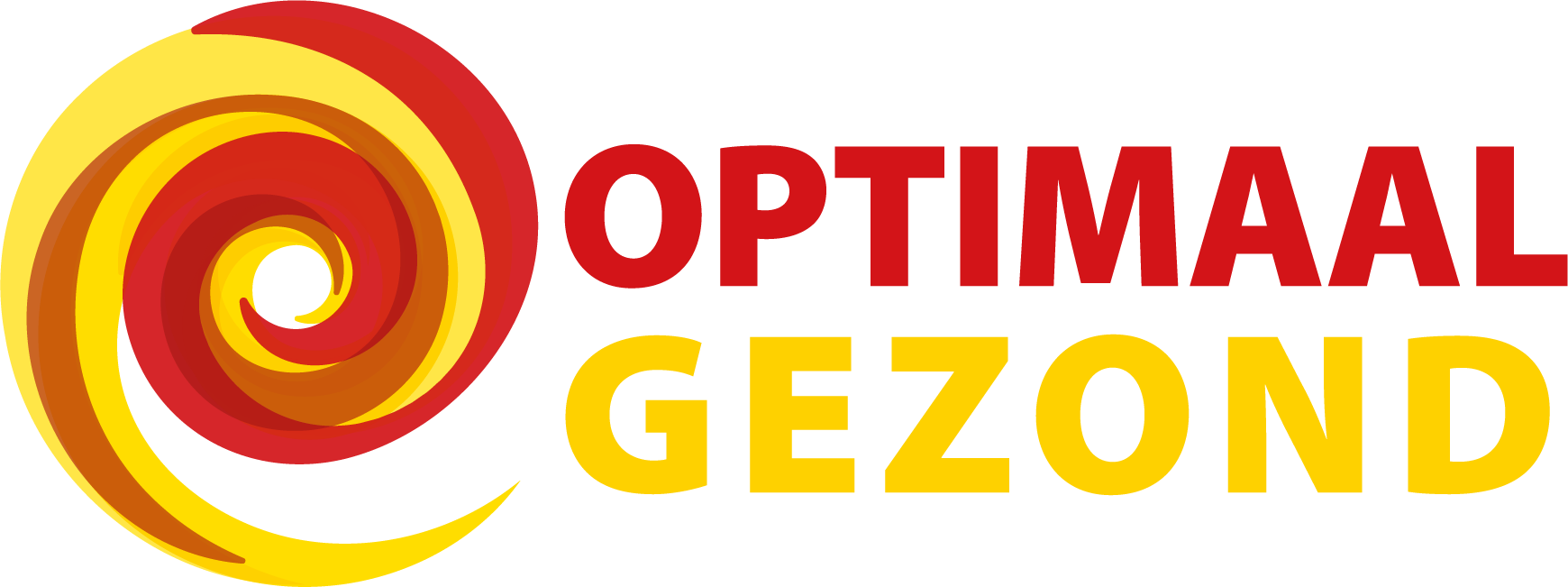There are no products in your shopping cart yet.
Burnout and Hormones

A burnout is a significant and often overwhelming experience. Anyone who has gone through it can confirm that it is a dark period where it feels like your life is falling apart. Everything revolves around rest and recovery, but that often proves more difficult than expected. When you finally start to feel better, you may think you're ready to take on the world again, but reality can be disappointing. Recovery from a burnout is usually a long process that requires patience and careful management.
Quick Recovery from a Burnout: Balancing Hormones and More
Quick recovery from a burnout is possible if you take the right steps. One of the most effective ways to speed up your recovery is to bring your hormones back into balance. During a burnout, various hormones such as insulin and progesterone become imbalanced. This can affect not only your energy but also your overall health. Let’s dive deeper into how you can balance your hormones and recover faster from a burnout, along with other essential aspects of recovery.
The Impact of Burnout on Your Hormones
A burnout is known to be a "hormone drainer." This means that the constant stress and exhaustion associated with a burnout can seriously disrupt your hormonal balance. Here are some key hormones that are affected:
1. Insulin:
Chronic stress throws your insulin levels off balance, which can lead to insulin resistance. This means your body becomes less sensitive to insulin, causing your blood sugar levels to rise and leading to weight gain. Weight gain is a common symptom of a burnout, and it can contribute to fatigue and other health issues.
2. Adrenal Glands:
Your adrenal glands play a crucial role in producing stress hormones like cortisol. During a burnout, your adrenal glands become depleted, meaning your energy reserves are low, and you constantly feel tired. Restoring your adrenal glands is an essential step in the recovery process. This takes time and requires a disciplined approach to rest and stress management.
3. Progesterone (for women):
For women, it is important to know that stress has a significant impact on the hormone progesterone. Stress depletes progesterone, leading to a hormonal imbalance and estrogen dominance. This imbalance can affect not only your energy levels but also your mood, menstrual cycle, and overall well-being.
4. Other Hormones:
In addition to insulin and progesterone, other hormones like cortisol and thyroid hormones can also be disrupted by a burnout. Therefore, it is important to take a holistic approach and consider all hormonal changes. In some cases, it may be helpful to have your hormone levels tested using a saliva test (if you are interested, I can order a test for you), giving you a clearer picture of which hormones are out of balance and how to address them.
Quick Recovery from Burnout: A Holistic Approach
To recover quickly from a burnout, restoring your hormonal balance is crucial. Here are some key steps you can take to support this process:
1. Restore Your Adrenal Glands:
Recovery of your adrenal glands begins with rest and low-impact physical activity. Daily walks in nature can do wonders for your energy and stress levels. It is important not to overburden yourself but to build up gradually. You may also consider taking Rhodiola to help restore your adrenal glands more quickly.
2. Progesterone Cream:
For women, applying progesterone cream can help restore hormonal balance. Start with applying 1/2 teaspoon of cream twice a day for a week. Then, you can reduce the dosage to 1/4 teaspoon twice a day for 2-3 months without taking any breaks. After this period, you can reintroduce break days to see how your body responds.
3. Strengthen Your Gut:
Healthy gut function is essential for overall health and hormonal balance. Berberine can help strengthen your gut flora, improving your immune system and energy levels. It can also contribute to more stable insulin production and healthier weight management.
4. Eat Healthier:
Nutrition plays a crucial role in your recovery. Choose a diet rich in nutrients and avoid sugars and processed foods that can cause blood sugar fluctuations. Keeping your insulin production stable gives your body a chance to recover and regain balance. For example, consider wearing a blood sugar sensor for two weeks to see how your body responds to food. Measuring is knowing.
5. Address the Root Cause:
It's important to address the underlying cause of your burnout. This may involve making changes in your lifestyle, work, or relationships. Tackling the stressors that led to your burnout is crucial to prevent falling back into the same situation.
Additional Support for Recovery
Beyond restoring your hormones, there are other aspects of burnout recovery that should not be overlooked:
6. Mental and Emotional Support:
A burnout is not only physically but also mentally and emotionally exhausting. Seeking help from a therapist or counselor can address underlying emotional issues and help you develop coping mechanisms. Mindfulness and meditation can also be useful tools to increase awareness of your body and mind, helping you better manage stress.
7. Social Support:
Having a strong social network can significantly ease the recovery process. Sharing your experiences with friends and family and receiving their support can make a big difference. At the same time, it's important to learn how to set boundaries and say no to avoid overloading yourself.
8. Physical Health:
Regular, light physical activity, such as yoga or walking, can help reduce stress and gradually rebuild your energy levels without straining your body. Quality sleep is also essential for the recovery of your body and mind. Ensure good sleep hygiene to support your recovery.
9. Lifestyle Changes:
A burnout is often the result of an imbalance between work and personal life. Restoring this balance and making changes in your work habits is essential for achieving long-term recovery. Finding time for hobbies, relaxation, and self-care activities can help you rediscover joy in life.
10. Long-Term Prevention:
Recovering from a burnout is a long process, and there is always a risk of relapse. Developing a plan to prevent future burnouts is a crucial part of the recovery process. This may include regular self-check-ins or even maintaining a coach or therapist for periodic support.
Conclusion: Quick Recovery from a Burnout
Quick recovery from a burnout is possible, but it requires a holistic approach. Restoring your hormonal balance, especially insulin and progesterone, can help you regain your energy and speed up your recovery. Make sure to rest adequately, support your adrenal glands, keep your gut healthy, and address the underlying causes of your burnout. Don't forget that mental, emotional, and social support, as well as physical health and lifestyle changes, are crucial for complete recovery.
With patience, self-care, and the right strategies, you can come back stronger and fully enjoy life again. If you find yourself struggling with your recovery, don't hesitate to seek help from a professional who can guide you on this journey to health and well-being
No comments found.
 English
English


